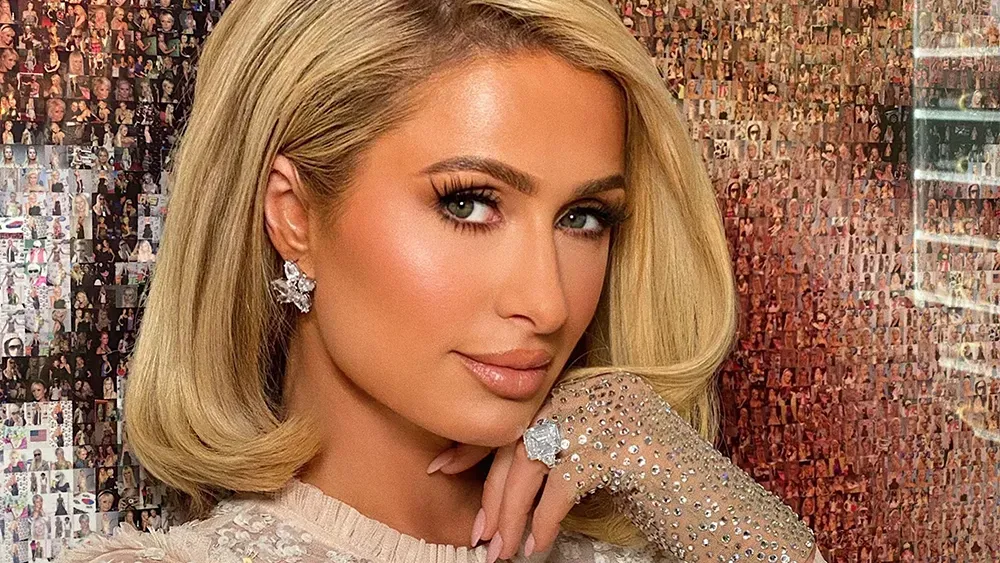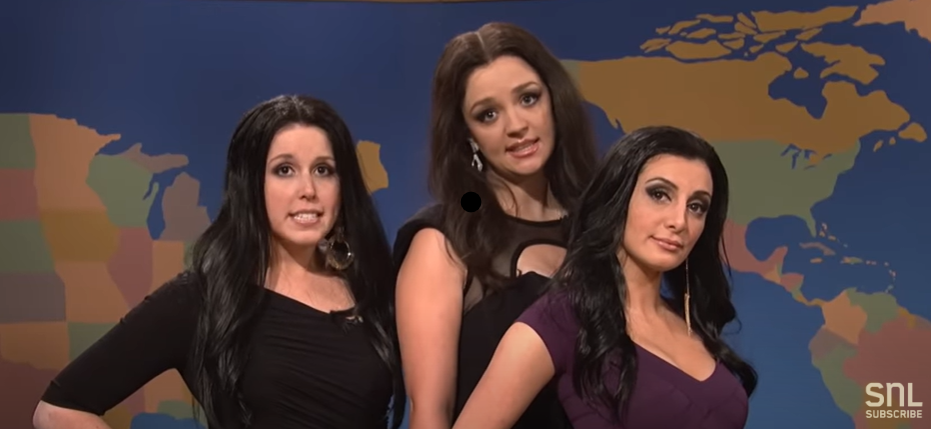You Speak Like Your Tribe. (Embrace It!)
I’m really loving a book I recently discovered: Katherine Kinzler’s “How You Say It” — it’s an exploration about our speech styles and patterns and how they’re deeply engrained in our culture and background.

I’ve long been fascinated with the factors which drive our speech and which ultimately form how we interact vocally; a lot can happen to us in our lives which shapes all of our behaviors. And despite the multitudes of external things which mold and shape our every behavior, speech is deeply ingrained in us from a very early age.
Its imprint is a part of how we were formed. And why should we fight that?
Does it go back as far as that first voice we heard in utero ? Our grandparents cooing at us? Our early teachers? Or wanting to sound like our first friends outside of our family group?
Any and all of these influential groups that we’re a part of can easily play a part in forming our speech traits. We’re not consciously putting it into play; it is deeply embedded in our speech identity.
Famous cases of child abuse which also involved isolation and silence have provided the theory that if language hasn’t developed by a certain age (pre-teen) — it won’t. The few subjects who have been studied under those rare and awful circumstances have managed to learn — after much nurturing — words and short phrases, but have missed the ability to finesse sentence structure and complex phrases.
Other tests have shown that babies from a wide variety of cultures globally have an increased suck response (indicating focus, pleasure and contentment) when they hear a voice speaking in their native tongue. We can glean from this that these familiar words and intonations are set fairly early on in life and remain our preference.
And so, it should come as no surprise that we all surround ourselves with like-sounding people, and we all — whether we’re aware of it or not — provide an echo and a sounding board back to those of our “tribe”. *Really listen* to the waves of conversation the next time you’re in the middle of a large family gathering — your Dad and his brother’s speech styles are almost indistinguishable from each other! (That’s why they’re also hard to tell apart on the phone.) When your aunt made a playful but dismissive remark to your other aunt — with a lilt at the end of her sentence — did your aunt reply back with that same lilt? And did your brother mimic the “surfer guy” accent of your cousin sitting next to him?
Yes, to all.
We have no choice but to take on the patterns of those who have ben the most influence to us throughout our lives — and those are just the r elatives.
Consider your “friend tribe”, and how — even if there are mixed ethnicities and ages — the people you spend the most time with are like-minded and speech-similar. In Kinzler’s book, she recounted a story of a friend of hers hosting a dinner party, and the friend was proud of how racially diverse his guests were, and what a wide array of backgrounds and interests they all had. And yet — as he sat back and really listened to the conversation unfolding, he became aware that nobody stood out conversationally. There were no guests speaking in a radically different way than everyone else; nobody had a syntax or word usage that would indicate a wildly separate educational distinction. Some different accents; but generally: it was pretty homogeneous.
I’m always after my coaching clients to have a hard look at who their speech influences are, and to make a conscious decision about whether or not you wish to emulate them — but now I’m thinking: why would we wa nt to separate ourselves and make us distinctly different from those in our tribe? The people we spend the most time with? Our people?
Many people who wish to put a lot of distance between their current status and their upbringing will do a lot of hard work to “neutralize” their accent — and yet, in moments of extreme emotion, tiredness, or, famously, drunkenness — their accent sneaks out when defenses are down. Does this mean that their native cadence is “hard-wired” and can only be — at best — temporarily short-circuited?
I say: evaluate your speech influencers — whether they be your favorite Instagrammer, your best friend, or your sister — and embrace the best from them. Take the good aspects, and perhaps make some decisions of whether or not Kim Kardashian is the best inspiration for a vocal model (she’s not) and whether or not you’d like to pattern yourself after them. Some of it’s conscious; a lot of it is ingrained from birth and by years of repetition. We choose people who sound like us to be in our tribe, and we arrive into this world from a tribe which is a beautiful hard-wired gift. Don’t fight it.
The post You Speak Like Your Tribe. (Embrace It!) appeared first on Yoga And Voice.










